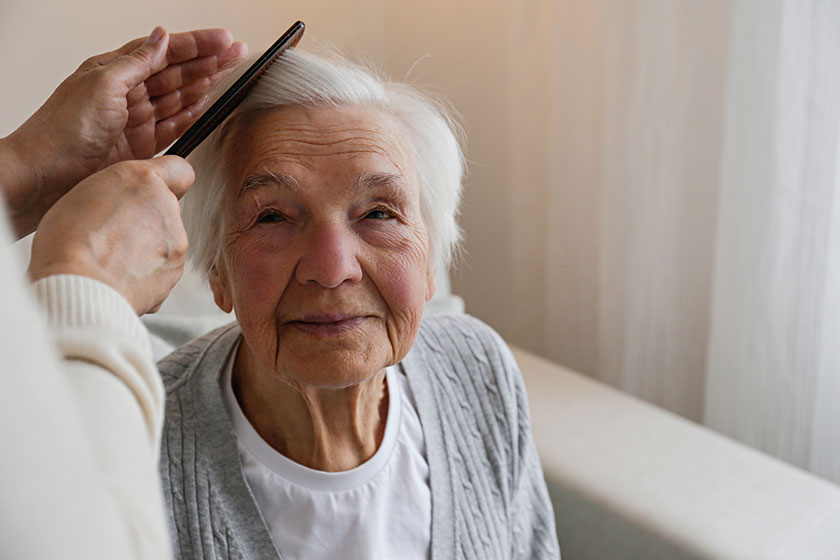Supporting your aging loved one, while a rewarding act, can also be stressful at times. This is especially true if your loved one refuses help and reacts uncooperatively to your aid. Don’t worry, you aren’t alone. Statistically, a large majority of 77% of adult children believe their parents to be stubborn about receiving help and advice from them. Thankfully, with these tips, you can better deal with your elderly loved one’s uncooperative behavior.
Understand Their Perspective
Aging is difficult to cope with for virtually anyone, and chances are, your loved one is struggling with the effects of aging too. If your loved one has a complex condition that requires memory care such as Alzheimer’s disease, the confusion they experience can make seeking help for them even more difficult. There could be a variety of reasons why your loved one is refusing help, such as being worried about their autonomy or feeling inadequate for requiring help. Hence, a great way to approach supporting your loved one is to understand and acknowledge their motivations, such as the root causes of why they don’t feel comfortable receiving aid from you or a professional.
Remain Positive
If you’ve experienced little success in convincing your elderly loved one to accept help, it can be a great blow to your confidence and emotional state. This is especially easy to experience if you’re your loved one’s primary caregiver, because of the sense of responsibility this role brings. However, try to not beat yourself up over things outside of your control, such as your loved one’s attitude towards receiving support. Instead, it’s more productive to focus on elements within your control, such as your loved one’s meals or exercise routine.
Avoid Infantilizing Them
It can be heartbreaking to see your loved one gradually lose their abilities and functions to aging. However, aging is an entirely natural process, and being overly protective over your loved one can lead to your loved one further resisting help from you. While you can share your own opinion towards your loved one’s life and care, it’s always important to respect the decisions they make.
Include Them in the Planning Process
Rather than taking over every single detail of your loved one’s care, understand that your loved one may naturally want to have a say in their own care as well. Hence, it’s always considerate to include your loved one in their own care plans, such as touring retirement communities together or asking them their opinion on specific aspects of their care. Not only does this help to keep your loved one cooperative, but it also helps you to provide better care for your loved one too.
Help Them to Understand Your Perspective
Rather than telling your elderly loved one what to do without providing an explanation, try to help them see your perspective in the same situation. While the elderly tend to be stubborn about not wanting to change their behavior for themselves, they may soften up to a loved one, such as yourself, or even their grandchildren.
If you’re looking for a retirement community that’ll treat your loved one with care, consider our senior living options!







